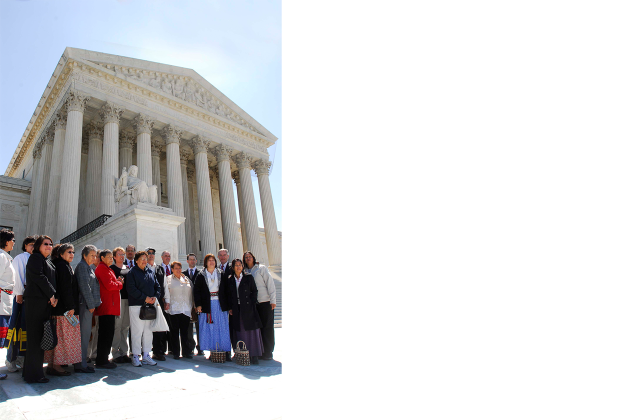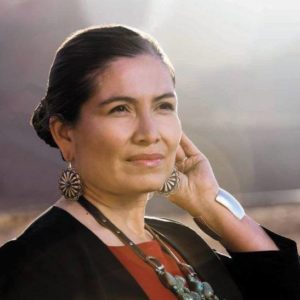On July 9, 2020, the Supreme Court decided McGirt v. Oklahoma, No. 18-9526 and Sharp v. Murphy, No. 17-1107, affirming that the Muscogee (Creek) Nation’s historic Reservation boundaries were never diminished by Congress and accordingly remain in force to this day. Kanji & Katzen, P.L.L.C., was honored to represent the Muscogee (Creek) Nation as amicus curiae in both matters, through multiple rounds of briefing and oral argument at the Supreme Court.
These decisions are a testament to the strength and persistence the Creek Nation has demonstrated throughout its history. We are grateful for the Court’s careful explication of a period of that history in which the Nation and its citizens suffered so much, and for the Court’s resounding affirmation of the principle that promises made by the United States to the Indian Nations are meant to be kept, and that the Court will vindicate those promises regardless of dire and misplaced predictions about the consequences of doing so. As the Court stated:
“The federal government promised the Creek a reservation in perpetuity…. If Congress wishes to withdraw its promises, it must say so. Unlawful acts, performed long enough and with sufficient vigor, are never enough to amend the law. To hold otherwise would be to elevate the most brazen and longstanding injustices over the law, both rewarding wrong and failing those in the right….
Because Congress has not said otherwise, we hold the government to its word.”
The opinion is Here.
Press Coverage:
Landmark Supreme Court Ruling Affirms Native American Rights in Oklahoma-NYT
Supreme Court Tribal Treaty Decision Praised as Game Changer -Bloomberg Law
Supreme Court says eastern half of Oklahoma is Native American land -CNBC
Supreme Court Ruling ‘Reaffirmed’ Sovereignty – ICT
Justices rule swath of Oklahoma remains tribal reservation – AP
The McGirt Case is a Historic Win for Tribes -The Atlantic
For Oklahoma Tribe, Vindication at Long Last -NYT
Neil Gorsuch Affirms That Treaties With Tribal Nations Are the Law – The New Republic
How Native Tribes Started Winning at the Supreme Court – Mother Jones


 Kanji & Katzen is pleased to announce that Ethel Branch will be returning to the Firm as a Member, effective May 1, 2019. Ethel, who made invaluable contributions to the Firm and its clients as an Associate from 2012 to 2015, will open and lead an office for the Firm in Flagstaff, Arizona.
Kanji & Katzen is pleased to announce that Ethel Branch will be returning to the Firm as a Member, effective May 1, 2019. Ethel, who made invaluable contributions to the Firm and its clients as an Associate from 2012 to 2015, will open and lead an office for the Firm in Flagstaff, Arizona.